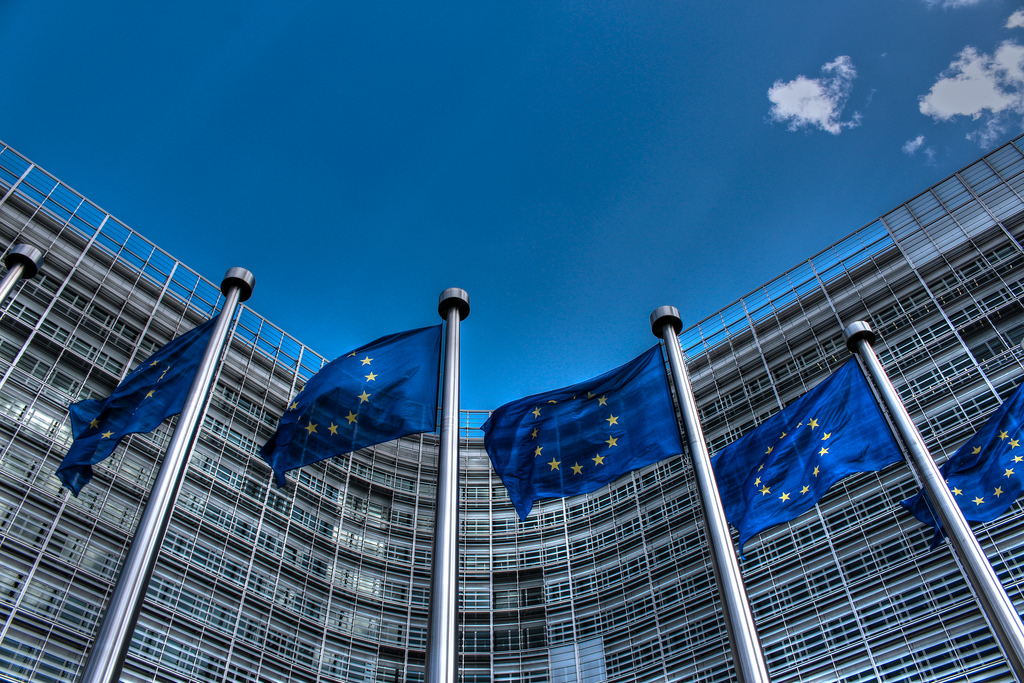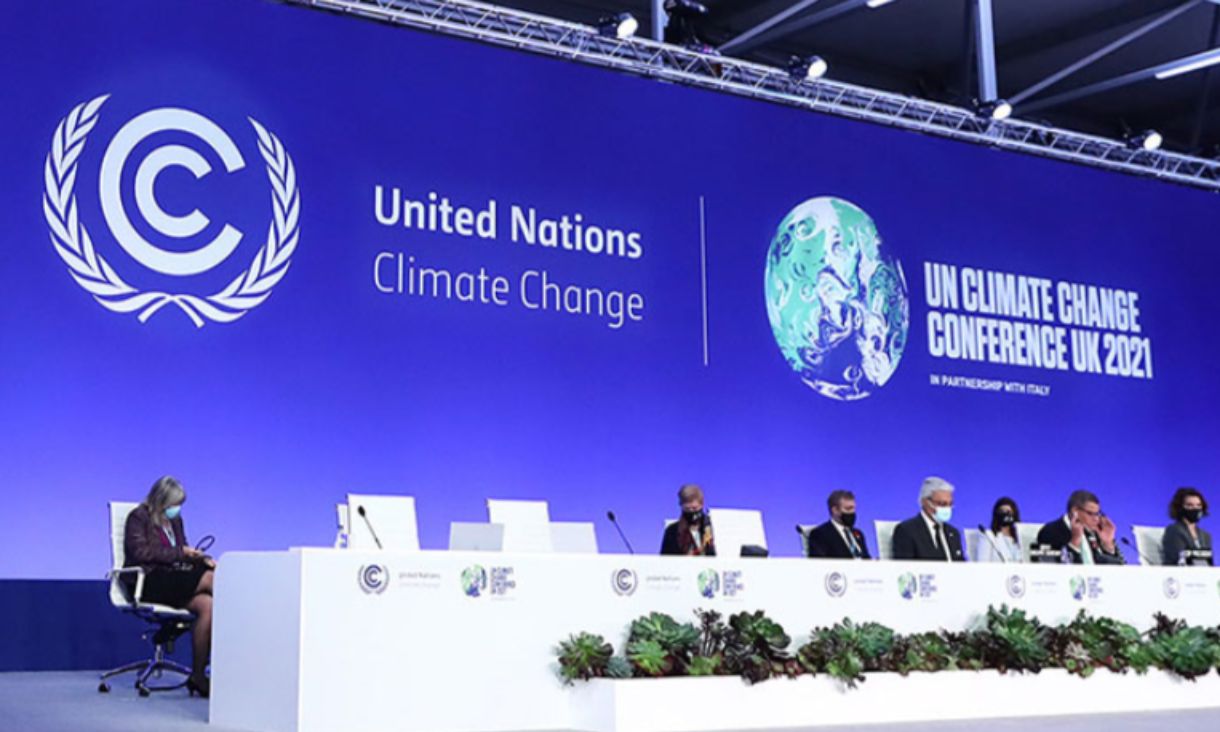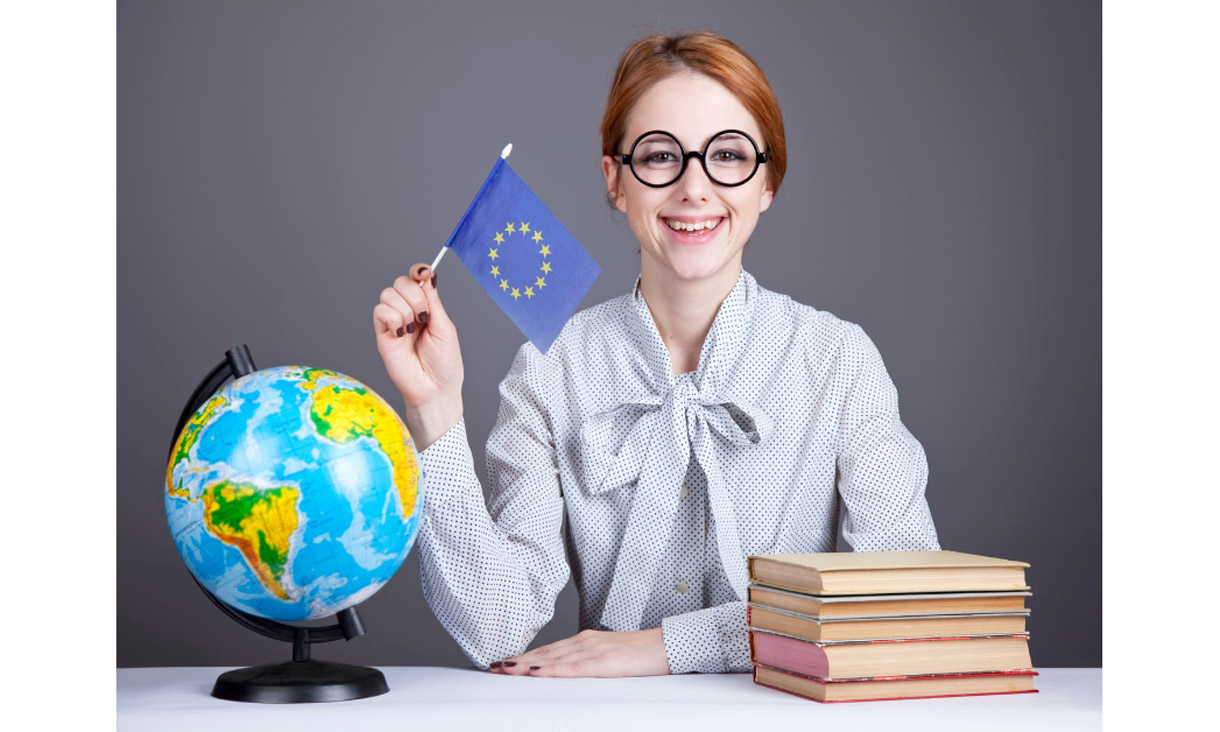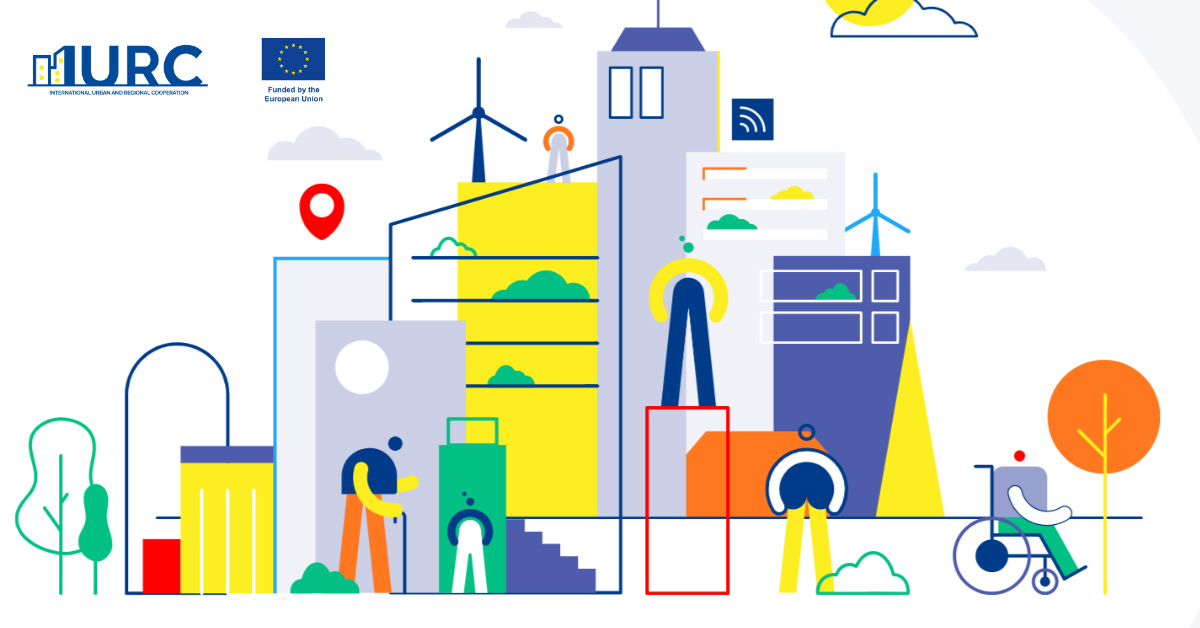In 2017, more than 99% of all EU companies were SMEs which accounted for 66% of the total EU employment. Research is suggesting that an estimated 90% of global growth will originate outside the EU in the coming years and thus, encouraging the internationalisation of European companies outside the EU is essential for Europe’s competitiveness, economic growth and innovation (European Commission, 2018a).
Over the past two decades, the European Commission has prioritised enterprise internationalisation beyond the EU borders. A range of programmes have been instrumental in promoting and supporting SMEs’ access to international markets (van Seters & Bilal, 2019). The COSME programme and the Enterprise Europe Network (ENN) are two such initiatives that aim to endorse the growth of SMEs as well as the competitiveness and sustainability of EU enterprises. With a budget of €2.3 billion, the COSME programme (2014-2020) focuses on facilitating access to finance (through financial instruments), and supporting access to markets and internationalisation, to develop more favourable framework conditions for competitiveness and promoting entrepreneurship (European Commission, 2020a).
The Enterprise Europe Network (EEN) was launched in 7 February 2008 to improve SME’s access to markets and support their internationalisation (European Commission, 2020b). The EEN is managed by the Directorate General (DG) GROW, and has as its primary objective to assist SMEs in their innovation processes and to encourage their growth both within the European Union (EU) and outside (van Seters & Bilal, 2019). EEN is currently active in more than 60 countries and mobilises 3,000 experts from more than 600 member organisations such as chambers of commerce and industry, technology poles, innovation support organisations, universities and research institutes and regional development organisations (European Commission, 2020b). Members of the EEN network are linked via powerful databases which allows them to share their knowledge and source technologies and business partners across all Network countries (business.gov.nl, 2020).
The strength of the Network is their ability to maintain strong local knowledge which keeps them in proximity to their SME clients, while simultaneously, offering a range of international expertise which assists innovative European SMEs to achieve their ambition. The Network has proven to facilitate and enhance SME collaboration and internationalisation Europe-wide. In 2015, the Italian SME ‘Engeenious’, founded by Davide Squarise, developed smart wireless-based technologies for industrial and household use and the French manufacturing and designer SME company, ‘BeanAir’, could establish a strategic partnership and cooperation with the help of the EEN. This has resulted in an improvement in their range of products (European Commission, 2015). Similarly, the EEN has enabled a Portuguese digital platform, which has revolutionised the event ticketing process, to bring their technology to new markets. The Porto-based business has been able to scale up and enter the global market which has rendered event organisation more streamlined for businesses across the world. The SME is now increasing by more than 23% per year (Euroepan Commission, 2019b).
In terms of capacity-building, the EEN provides one-on-one services such as innovation audits and strategy advice, advice on intellectual property rights, technology and innovation brokerage services, advice on technology marketing, advice on access to finance for innovation, and support to access finding programmes, including Horizon 2020 (European Commission, 2020a). Throughout the pandemic, EEN has been hosting an international online platform designed to mobilise healthcare and industry businesses throughout the EU and foster interaction between healthcare, industry, support organisations, government, academic and maximise the reliability of the proposals (business.gov.nl 2020).
Sophie Di Francesco-Mayot- Research Officer, RMIT EU Centre of Excellence
References
- Business.gove.nl 2020, Enterprise Europe Network (EEN), viewed 19 June 2020, accessed: https://business.gov.nl/running-your-business/international-business/doing-business-abroad/enterprise-europe-network-een/
- European Commission 2020a, Enterprise Europe Network, viewed 16 June 2020, accessed: https://een.ec.europa.eu/node/43580
- European Commission 2020b, COSME Programme and the Enterprise Europe Network, viewed 19 June 2020, accessed: https://www.switchtogreen.eu/?p=1058
- European Commission 2019, Horizon Europe: The Next EU Research & Innovation Investment Programme (20201-2027), Research and Innovation, viewed 23 June 2020, accessed: https://ec.europa.eu/info/sites/info/files/research-and-innovation/strategy-on-research-and-innovation/presentations/horizon-europe-en-investing-to-shape-our-future.pdf
- European Commission 2019b, Portuguese technology firm gets a ticket to global markets through EU support, viewed 7 July 2020, accessed: https://een.ec.europa.eu/succes-story/portuguese-technology-firm-gets-ticket-global-markets-through-eu-support
- European Commission 2015, Reaching new heights in wireless innovation, viewed 7 July 2020, accessed: https://een.ec.europa.eu/succes-story/reaching-new-heights-wireless-innovation
- Innovation NewsNetwork 2020, What to expect from Horizon Europe, viewed 8 July 2020, accessed: https://www.innovationnewsnetwork.com/what-to-expect-from-horizon-europe/2929/
- Van Seters, J. & Bilal, S. 2019, The Enterprise Europe Network, EU trade promotion and sustainable trade policy objectives, ecdpm, viewed 19 June 2020, accessed: http://respect.eui.eu/wp-content/uploads/sites/6/2019/12/RESPECT-5-1-Enterprise-Europe-Network-trade_final-2019.pdf







